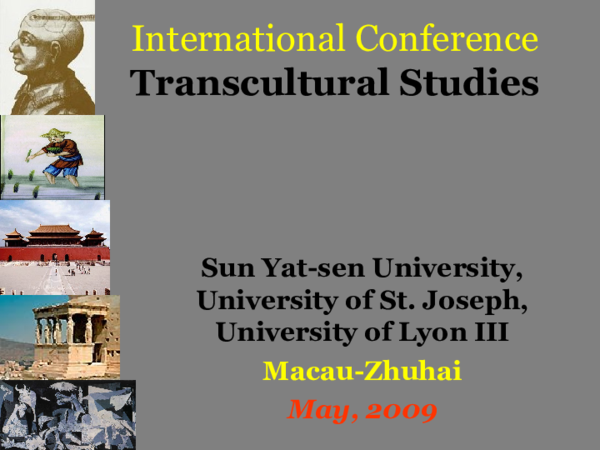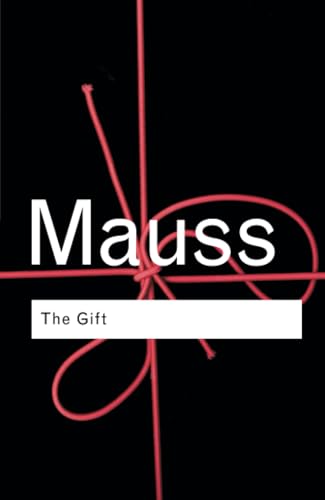


In today's fast-paced business world, "The Gift" lessons can help us build more important relationships with our customers, partners, and colleagues. His insights into gift-giving's social and cultural dimensions continue to inform our understanding of human behavior and interaction in traditional and modern societies. Mauss' work has influenced scholars across various fields, from economics and sociology to anthropology and cultural studies.


He suggests that gifts are not simply objects but are imbued with symbolic meanings and cultural values deeply embedded in society's social fabric. People do it because they feel good about themselves and others. In "The Gift", Mauss shows that gift-giving is not just an exchange of goods. First published in 1925, the book has had a profound impact on the study of social and economic systems around the world. Identities seek both social footing and internal coherence that can be obtained by stories.Marcel Mauss' book "The Gift" is a classic work of social anthropology that explores the role of gift-giving in traditional societies. Our findings reveal that the caregiver is partially positioned within the management paradigm defined by the medical model, and strives above all to maintain the continuity of her life in accordance with her identity. The identity concept provides us with possible explanations of families’ attitudes to services. We met with a caregiver on three occasions during a trajectory that spanned a seven-year period. We used a case history approach and three analysis techniques to accurately outline the complex nature of the notion of identity: social networks, social representation and narrative analysis. The objective of our study is to achieve a better understanding of the limitations of the partnership between the professional and family systems, employing the identity concept as formulated by Harrison White (2008). Interventions of various forms have emerged in response to the needs of older persons suffering from Alzheimer type dementia, but problems subsist in the linkage between formal and informal care systems. Identity Networks Linkage Processes Formal and Informal Systems of Care Alzheimer’s DiseaseĪBSTRACT: Health systems of most Western countries are already severely strained and pressure will likely mount due to population aging and the anticipated increase in chronic illnesses. Glencoe, IL: Free Press.Ĭaregiver Identity as a Useful Concept for Understanding the Linkage between Formal and Informal Care Systems: A Case Study The Gift forms and functions of exchange in archaic societies.


 0 kommentar(er)
0 kommentar(er)
